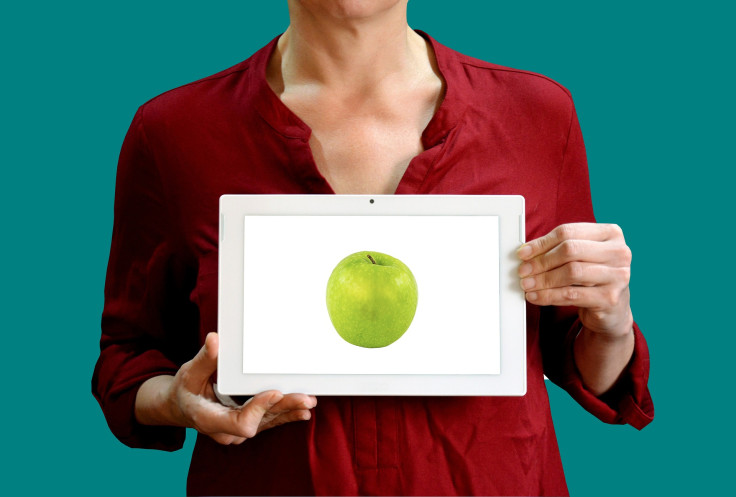Can An Apple A Day Keep Frailty At Bay? Study Shows Flavonols Are Key
Having a well-balanced diet is crucial for maintaining overall health, especially in old age. New research has found that including flavonol-rich food in the diet will help to combat the frailty that comes with aging.
Earlier studies have shown that flavonols have anticancer, antioxidant, anti-inflammatory and antiviral properties. They are also known to have protective effects against neurological and cardiological disorders. These dietary compounds are mainly present in leafy vegetables, apples, onions, broccoli and berries.
According to a new study published in the American Journal of Clinical Nutrition, eating plant-based foods such as apples and blackberries may lower the risk of frailty.
Frailty affects around 10% of people above the age of 65. Frequent fatigue, unintended weight loss and loss of strength are common signs of frailty. The condition leads to an increased risk of hospitalization, disability, falls, fractures and mortality.
Experts believe adequate intake of calories and the right kind of nutrition can prevent frailty. They recommend including fruits, vegetables and healthy protein in the diet while cutting down on added sugars, saturated fats and sodium.
The latest study points out the role of flavonols in preventing frailty. Researchers found that with each 10 mg intake of flavonol, which is equivalent to eating one apple, there is a considerable reduction in the chances of developing frailty.
"There may be some validity to the old saying, an apple a day keeps the doctor (or frailty) away. Our findings suggest that for every 10 mg higher intake of flavonols per day, the odds of frailty were reduced by 20 percent. Individuals can easily consume 10 mg of flavonols intake per day since one medium-sized apple has about 10 mg of flavonols," the researchers said.
Researchers observed that quercetin, the type of flavonols present in apples and blackberries, may be particularly efficient in preventing frailty.
"Although there was no significant association between total flavonoid intake and frailty, higher flavonols intake (one of the subclasses of flavonoids) was associated with lower odds of developing frailty. Specifically, higher quercetin intake was the flavonoid that had the strongest association with frailty prevention. This data suggests that there may be particular subclasses of flavonoids that have the most potential as a dietary strategy for frailty prevention," the researchers said in a press release.

Published by Medicaldaily.com



























